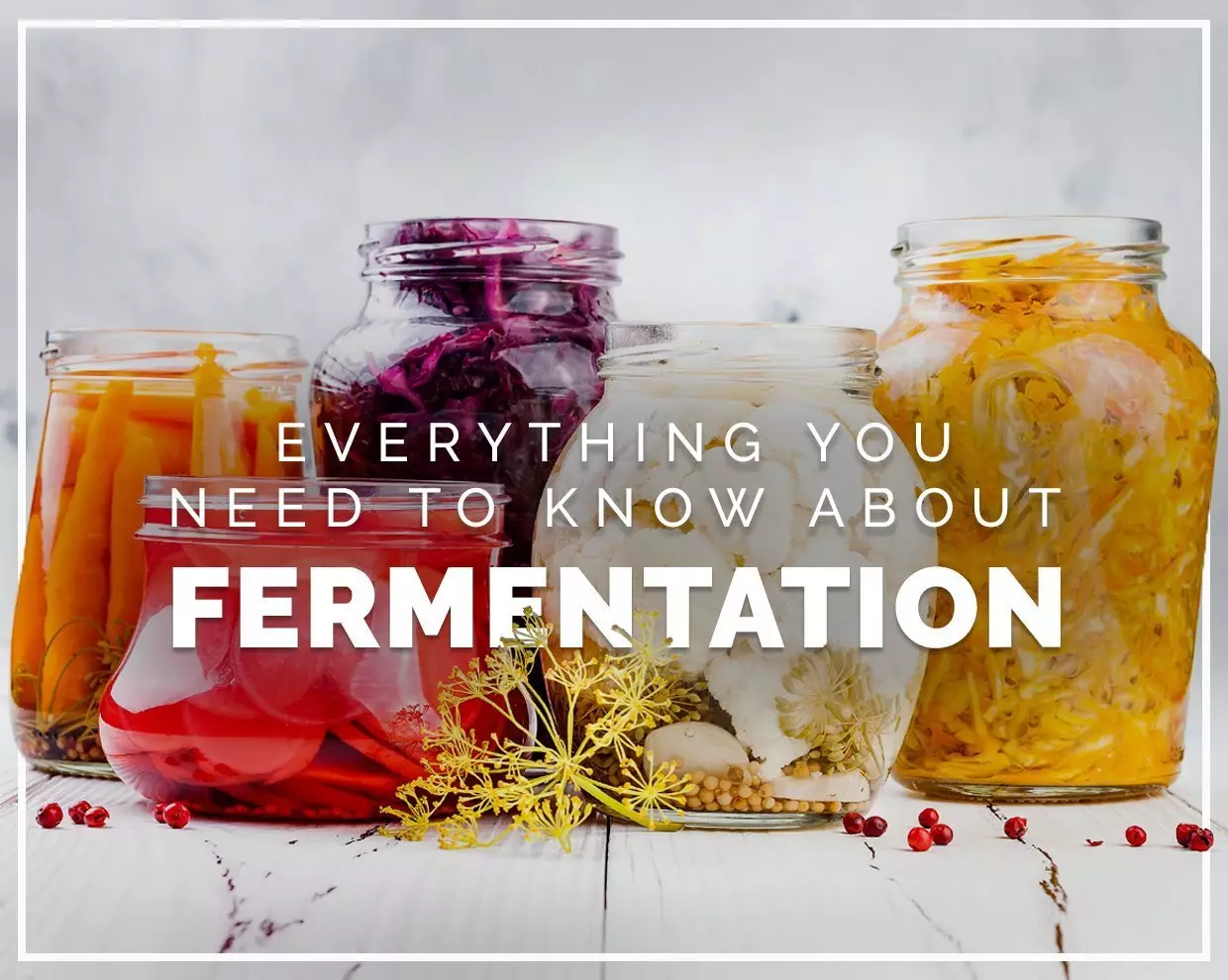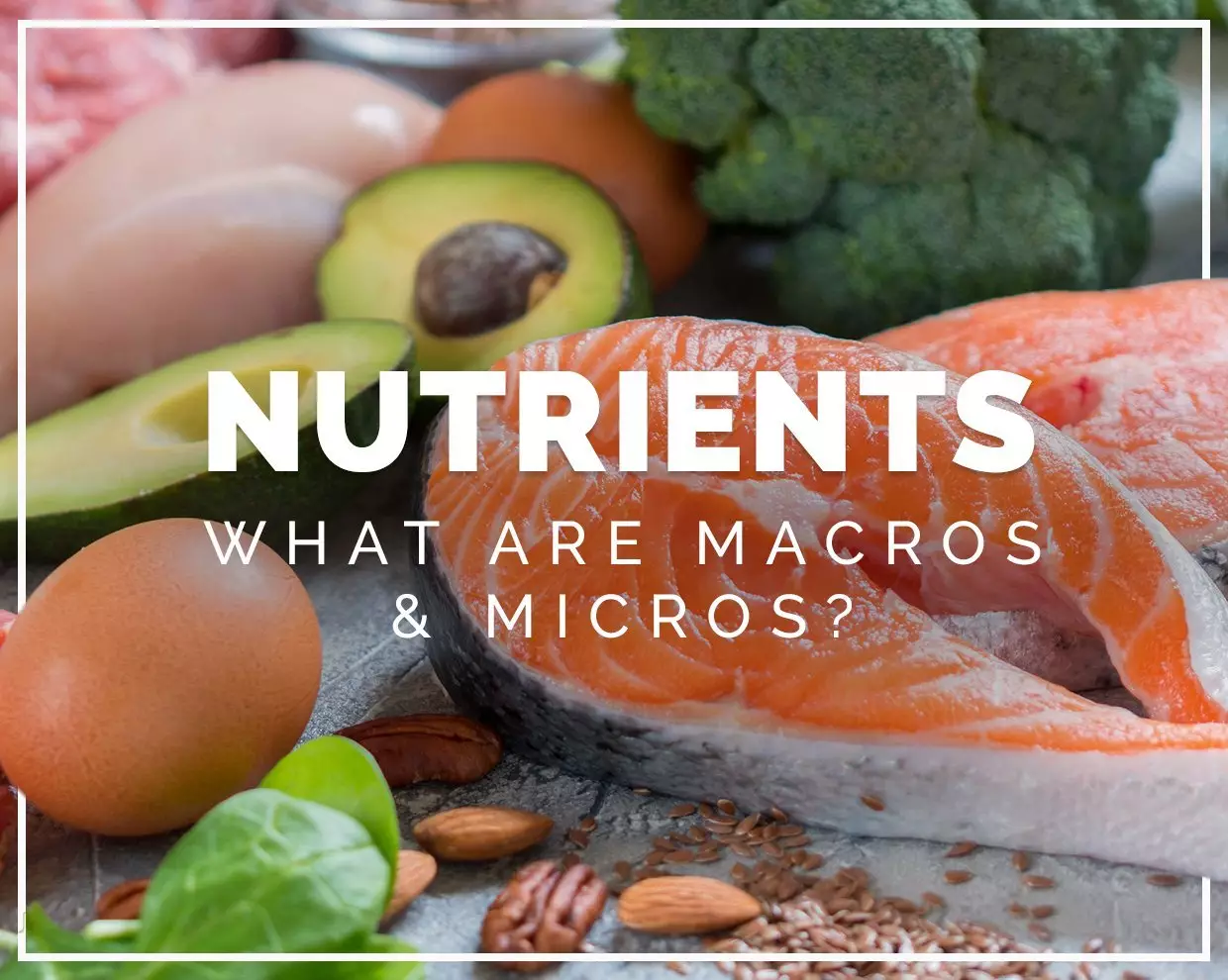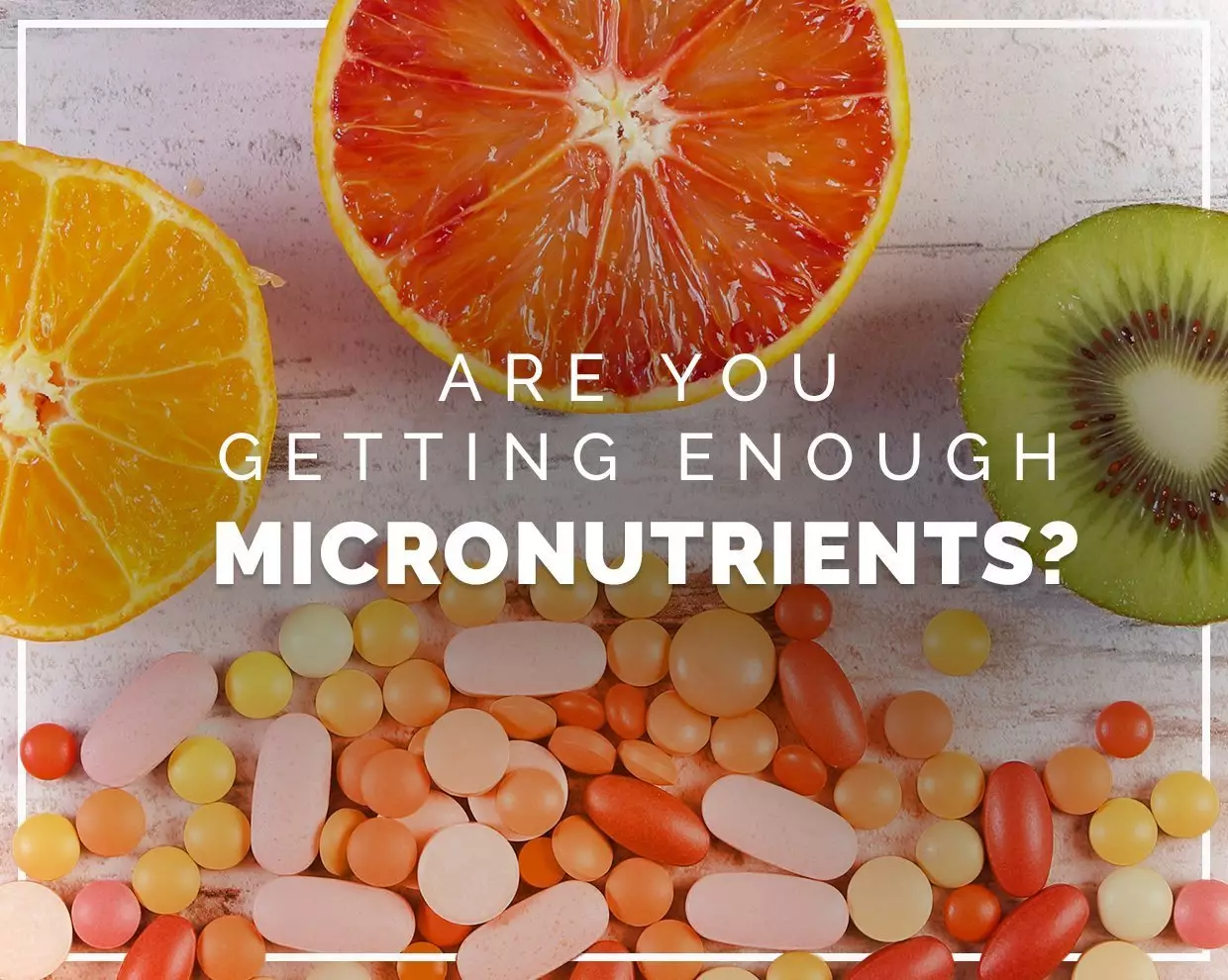A brief history of fermentation
Ancestral diets were often abundant in fermented foods, with almost every civilisation including at least one fermented food in its culinary history. Fermentation was used to preserve our food and to bring a more diverse diet throughout the seasons. It was also used to enhance the taste, flavour or experience - the fermentation of alcohol is among the earliest records of human-controlled fermentation. Beer, wine and other fermented beverages have been brewed since the Neolithic era and in the case of beer and ale date back 13,000 years(1).
Many cultures throughout history believed that fermented foods were medicinal, particularly for the digestive system. But it hasn’t been until the last few decades that we have been able to study the microbiome of these foods, and discovered that traditional ferments like kraut or kombucha contain microorganisms which can help you to improve the health of your gut and digestive system. This includes
- lactobacillaceae family, which produce lactic acid from carbohydrates and meat
- acetobacter, the acetic acid bacteria present in many fruit and vegetable fermentations
Unfortunately Western diets have focused so much on hyper-sterile cooking environments that many people are now intimidated by fermented foods. For some people just the word ‘fermentation’ can be off-putting, even though there are many everyday fermented foods that we consume without a second thought. Beer, wine, olives, chocolate, coffee, vinegar, traditionally-made pickles, sourdough, cheeses, creme fraiche, tabasco, soy sauce and miso are all typically fermented foods.
What is fermentation anyway?
Fermentation is a metabolic process that breaks down your food in a similar way to the digestive process. We don’t want to gross you out, but this is sort of like ‘pre-digesting’ your food before it gets to your plate. One of the benefits of eating fermented foods is that the whole ‘predigested’ thing makes the nutrients more bioavailable, so they are easy to assimilate and use in the body.
As well as being more nutrient-rich, fermented foods contain bacteria that directly inhibit or even kill the growth of pathogens such as E.Coli. In many ways this is a widely underappreciated virtue of enjoying fermented foods in your diet. The best example of this is the ubiquitous lactic acid bacteria, which is produced during the fermentation process of yogurt and pickled vegetables. Lactic acid bacteria has been described by one microbiologist as the “world’s best killers” of E.coli and other pathogenic bacteria.
“Properly fermented vegetables are actually safer than raw vegetables, which might have been exposed to pathogens like E. coli on the farm…With fermented products there is no safety concern. I can flat-out say that. The reason is the lactic acid bacteria that carry out the fermentation are the world’s best killers of other bacteria” U.S. Department of Agriculture research service microbiologist, Fred Breidt
Key benefits of eating fermented foods
- Digestive enzymes in fermented foods make nutrients more bioavailable
- Fermentation removes pathogens and toxins
- Fermented foods contain natural probiotics which are great for gut health
Why do some people react to fermented foods?
Reactions to fermented foods are commonly caused by histamines. The fermentation process breaks down the amino acid histidine in to histamine. Exactly how much histamine your jar of sauerkraut contains will vary, depending on the strain and method used during fermentation. Some fermented foods also contain bacteria that lead to an increase of histamine production in the gut, creating a double-whammy for anyone with histamine intolerance. Histamine intolerance can be caused by genetic factors, but can also be down to issues with gut health(2). Symptoms of a histamine reaction may include headaches, migraines, digestive issues and hives.
Give it a go, but proceed with caution
While we should be mindful of the potentially high histamine load, most people are able to enjoy a wide range of fermented foods and the health benefits they contain. If you are unsure, start small. A teaspoon of sauerkraut or a small tasting glass of kombucha is probably enough on day one. You can also try adding a splash of kombucha to sparkling water for a refreshing and therapeutic drink. Some people find that certain ferments are ok while others are not, so try to keep an open mind. If you are doing your own ferments at home, a starter kit can be useful to ensure that you introduce the correct bacterial strains.
Whichever fermented foods you try, start small, listen to your body and find what feels right for you.
References
1. 'World's oldest brewery' found in cave in Israel, say researchers
2. Regular Consumption of Sauerkraut and Its Effect on Human Health: A Bibliometric Analysis

 NZ Store
NZ Store  UK Store
UK Store AU Store
AU Store EU Store
EU Store











